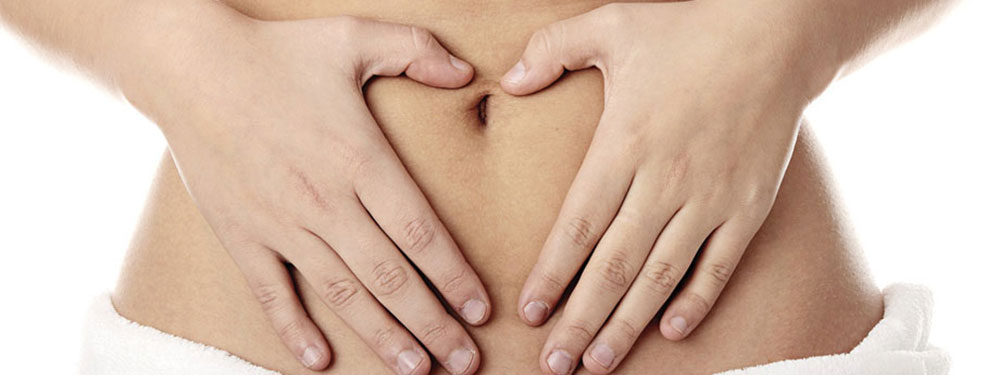
Did you know that there are at least 400 or so different species of bacteria sitting right now in your gastrointestinal tract? If you weighed all of these species, they’d add up to about three pounds. That seems like a significant enough population to be concerned about! We need to be sure that at least 85% of those bacteria are in the helpful bacteria court– the probiotic side of the equation. The “pro” or good bacteria modulate many immune system reactions throughout your entire body and keep you healthy. And through its effects on immune system regulation, gut health can influence a number of conditions that may seem unrelated — such as allergies, depression, anxiety, skin issues, autoimmune disorders and more.
Of course, diet is one of the best ways to ensure a healthy gut. Eating a whole food, unprocessed diet, with the majority of it being plant food, is the best way to take care of your digestive health. You are not only feeding yourself but also feeding the microbes in your gut!
What does your gut need to be in balance? Probiotics on a consistent basis. A surefire way to get your probiotics is to consume fermented foods and beverages such as. My favorite is eating 2-3 tablespoons of organic raw sauerkraut a day. I use it as a condiment with one or all of my meals. A dollop of sauerkraut a day keeps the doctor away! Made from fermented cabbage, sauerkraut is not only extremely rich in healthy live cultures, but also is rich in vitamins B, A, E and C. You can make it yourself or purchase it like I do. The brand I like is Farmhouse Raw organic sauerkraut, which you can buy at Whole Foods. Look for these fermented foods too:
- Yogurt
Choose organic and unsweetened, and be sure to read the ingredients list. Many popular brands are filled with high fructose corn syrup, artificial sweeteners and artificial flavors. (Available in dairy or dairy free) - Kefir
Similar to yogurt, this fermented dairy product is usually a unique combination of goat milk and fermented grains. High in lactobacilli and bifidus bacteria, kefir is also rich in antioxidants. Look for an organic version. - Microalgae
Super food ocean based plants such as spirulina, chlorella and blue green algae contain probiotics and a host of other health promoting nutrients. The addition of a greens powder to a smoothie usually does the trick! - Miso Soup
Made from fermented soy, adding a tablespoon of miso to some hot water makes an excellent, quick, probiotic rich soup. - Pickles
Believe it or not, the common green pickle is an excellent food source of probiotics. - Kimchi
Kimchi is a spicy and sour form of fermented vegetables, typically eaten alongside meals in Korea. In addition to beneficial bacteria, kimchi is a great source of beta carotene, calcium, iron and vitamins A,C, B1 and B2. - Kombucha Tea
This probiotic drink has been used for centuries not only for its healthy bacteria content, but as a way to enhance wellbeing and increase energy. However, it may not be for you if you have candida problems.

